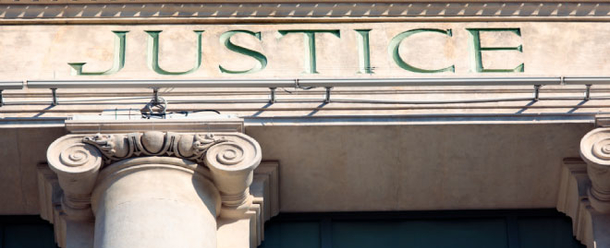
An American institutional investor has warned that it is unlikely to ever again invest in Australia because the NSW government expropriated its assets and has refused to pay compensation.
Boston-based Sparta Group, which manages a global investment portfolio, is one of a group of US shareholders in Australian company NuCoal Resources.
They lost about $120 million when the NSW government cancelled the company’s coal exploration licence.
Sparta Group managing director Nirav Desai said he believed the expropriation breached the US-Australia free-trade agreement and the US Trade Representative was aware of the issue.
He said US officials had not wanted to disrupt negotiations over the Trans-Pacific Partnership trade agreement by raising the NuCoal expropriation.
“But now that that is concluded, or soon to be concluded, I think we will see action from the US government to pursue this,” Mr Desai said.
He said the Sparta Group had “soured on” Australia and had advised other US companies not to do business here — “particularly in NSW”.
“We actually invest in places like Ukraine and Russia but, to be honest, we have been surprised that those jurisdictions have safer investments than in Australia.
“After this experience, it will be hard to convince us to put a direct investment into Australia, even though I have deep relationships with the country and travel there quite a bit,” Mr Desai said.
“I am a former US navy officer and I understand the US-Australia relationship at a government level and at an industry level.
“Australia is one of our best allies in the region — around the world actually — and I believed Australia posed very little legal risk,” he said.
The treaty with the US bans expropriation of American assets unless it is done with “due process of law” and is followed by “prompt, adequate and effective compensation”.
State governments, however, are not parties to the treaty. Nor are they bound by section 51 (xxxi) of the Constitution that requires compensation in just terms when the commonwealth seizes property.
The decision to cancel NuCoal’s licence was not based on a finding of wrongdoing by a court and instead relied on a recommendation from the NSW Independent Commission Against Corruption — a government agency that is not bound by the rules of evidence.
ICAC, which recommended compensation for innocent parties, found NuCoal was innocent of any wrongdoing and that finding was affirmed last month in judicial review proceedings by NuCoal in the NSW Supreme Court.
The licence had originally been issued by former Labor mining minister Ian Macdonald to Doyles Creek Mining. DCM was later taken over by NuCoal and Mr Desai said NuCoal’s due diligence included checking the validity of the licence with the NSW government.
If there had been any improper conduct concerning the decision to issue the licence, Mr Desai said that conduct had taken place within the NSW government.
He believed it was unfair for the NSW government to then punish NuCoal and US investors.
“We are truly bystanders in some political game that is being played by the NSW government,” Mr Desai said.
When asked this week if US assets in NSW would only be expropriated in accordance with the US-Australia free trade agreement, NSW Premier Mike Baird issued a statement that said:
“These are unique circumstances, but we make no apology for sending the strongest possible message that we have zero tolerance for corruption in NSW.
“There is no greater sovereign risk than corruption,” he said.
Mr Desai said he had frequent discussions with other US investors about sovereign risk in Australia “and I share my experience and tell most institutions to avoid Australia completely”.
He had been surprised that the NSW and federal governments had viewed the affair as a local issue and had not understood it was an international issue that would reduce foreign investment, particularly in NSW.
“I have never heard of this anywhere in the world except maybe in the Democratic Republic of Congo or Venezuela where expropriation of national assets happens frequently.
“But in a tier-one, highly educated country I am quite shocked that this has happened,” Mr Desai said.
CHRIS MERRITT
THE AUSTRALIAN
(WTF) Used by Permission
